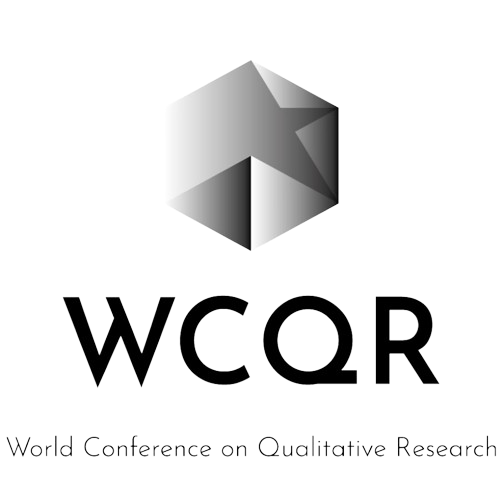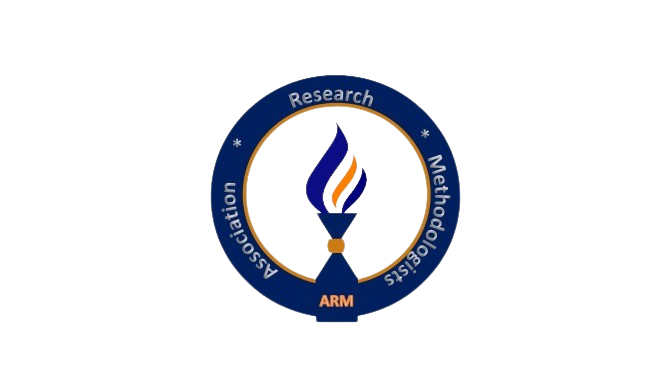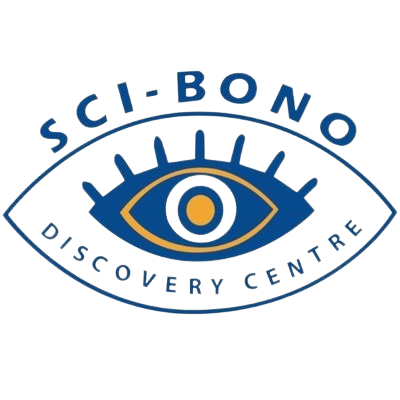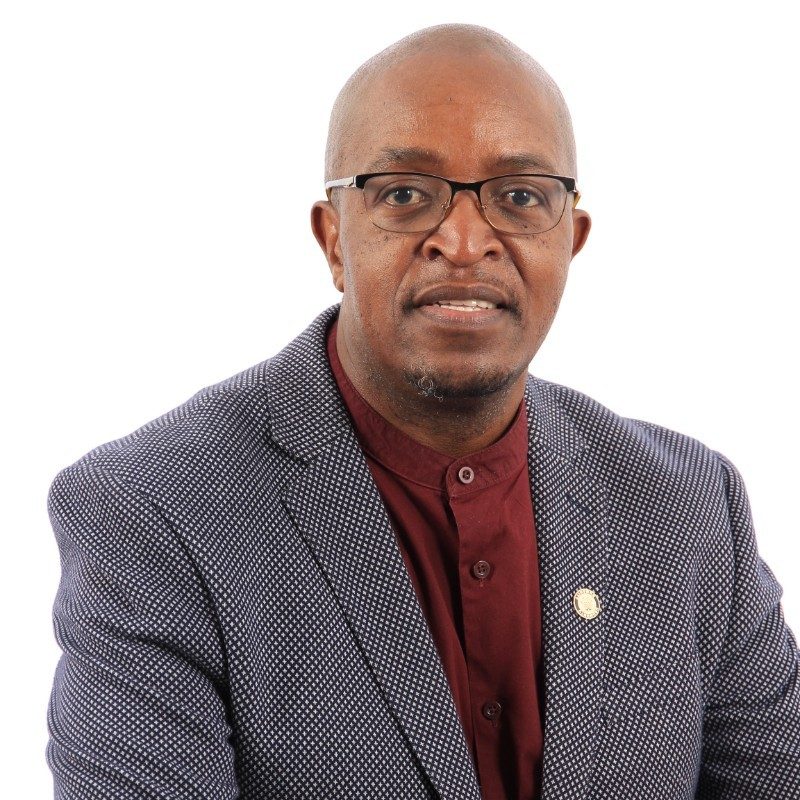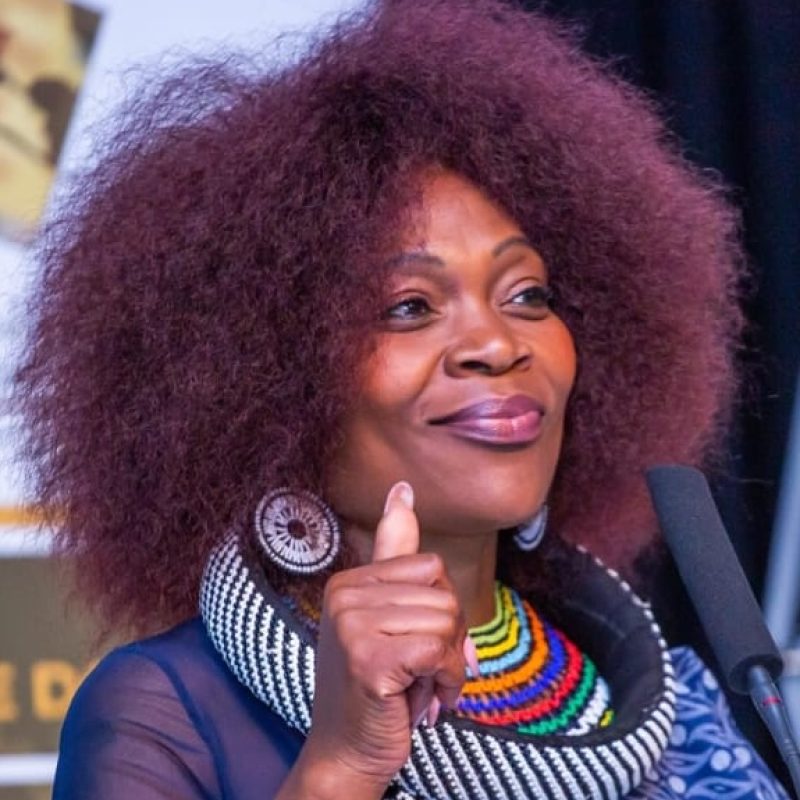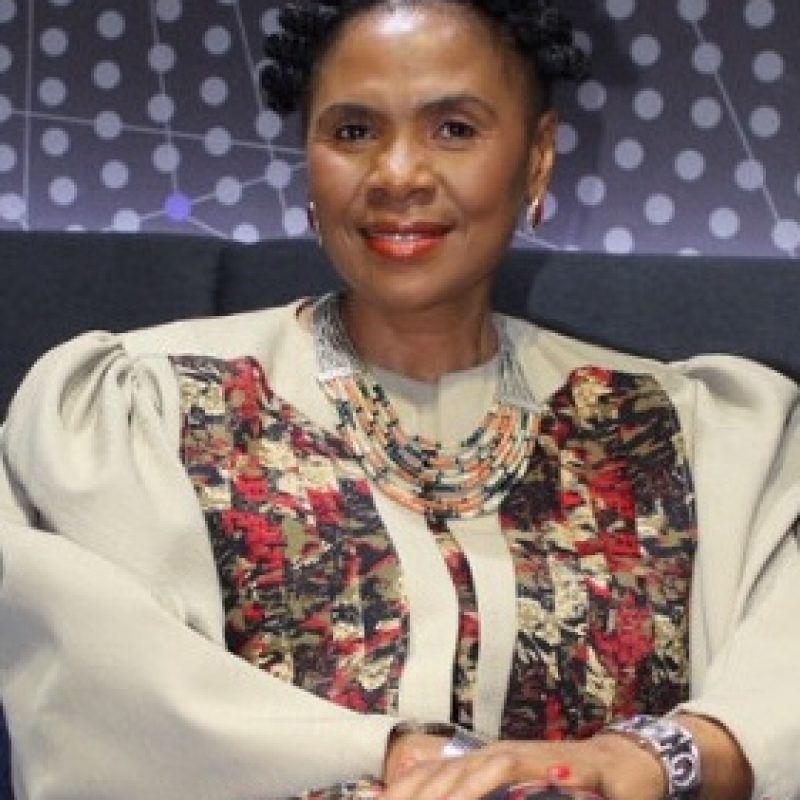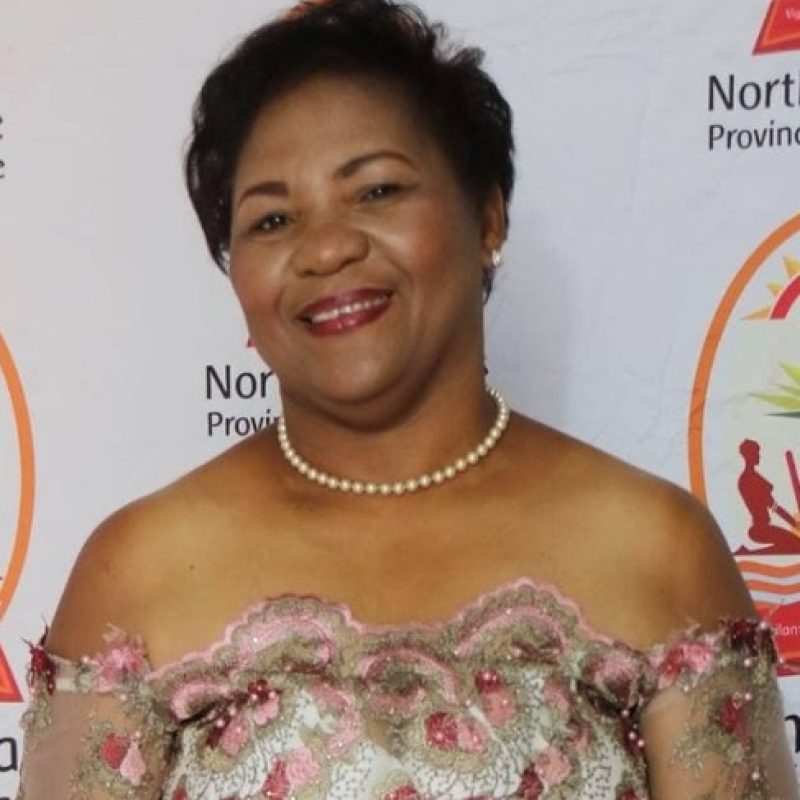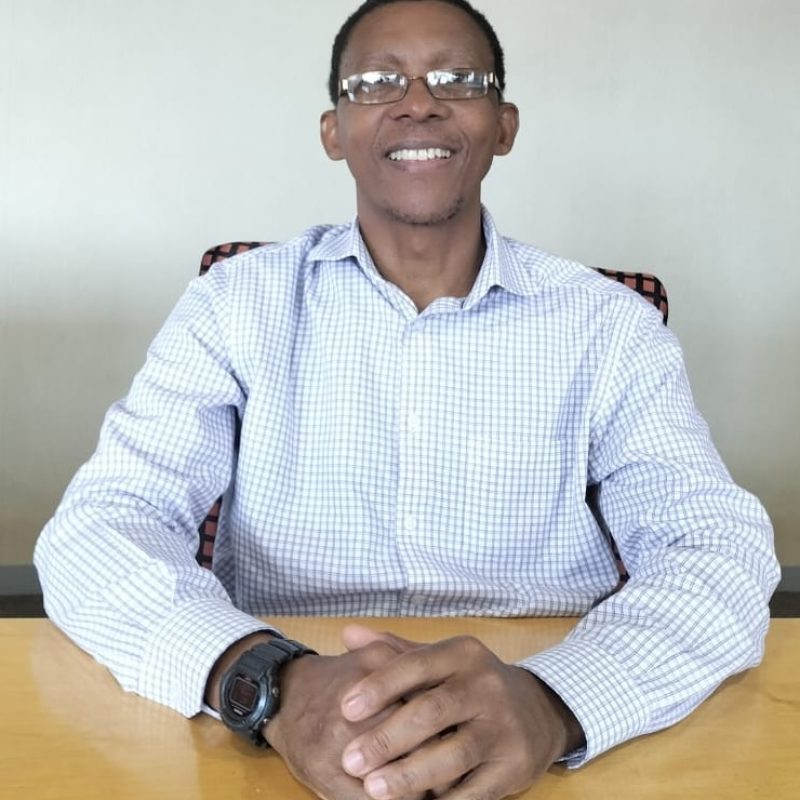committees
CENTRAL COMMITTEE
The Central Committee serves as the pivotal orchestrator and accounting authority, providing strategic direction and oversight to all activities of the conference. Its role is multifaceted, encompassing the formulation and execution of a cohesive vision for the conference, ensuring alignment with overarching objectives. As the guiding force, the Central Committee steers decision-making processes, defining the thematic focus, and setting the tone for the entire event.
In its capacity as the accounting authority, the Central Committee holds the responsibility for fiscal stewardship, overseeing budgetary allocations, and financial management. This role entails meticulous scrutiny of financial transactions, guaranteeing transparency, and adherence to fiscal policies. The Committee acts as a custodian of resources, ensuring their judicious allocation to optimize the conference’s impact.
The Central Committee stands as the nucleus, harmonizing diverse elements to create a cohesive and impactful conference experience. Its dynamic role as both visionary guide and financial steward underscores its significance in the seamless execution and success of the conference.
It is made up of Conference Chairperson, Conference Deputy Chairperson, Conference Convenor of Committees (CoC).
ADVISORY COMMITTEE
The Advisory Committee, comprised of members from the Global Centre for Academic Research (GCAR) Advisory Council, plays a pivotal role in providing strategic guidance and expertise for the conference. Its primary function is to offer counsel on matters pertaining to the conference’s overarching goals, themes, and strategic direction. Drawing on the diverse knowledge and experience of its members, the Advisory Committee serves as a reservoir of insight, contributing to the enhancement and refinement of the conference’s vision.
In the context of the conference, the Advisory Committee acts as a key interface between the academic community and the GCAR Shareholder. It bridges the gap by channeling valuable insights, recommendations, and perspectives from the Advisory Council to inform decision-making processes within the GCAR Shareholder body. This collaborative interface ensures that the conference aligns seamlessly with GCAR’s broader mission and objectives.
Furthermore, the Advisory Committee serves as a conduit for the dissemination of critical information between the conference organizers and the GCAR Shareholder. Through regular interactions and strategic consultations, the committee facilitates a harmonious flow of ideas, ensuring that the conference remains attuned to the overarching goals of the Global Centre for Academic Research.
In essence, the Advisory Committee stands as a dynamic link, leveraging the expertise of the GCAR Advisory Council to enrich the conference’s content, foster alignment with GCAR’s mission, and facilitate effective communication between the academic community and the broader institutional stakeholders.
ORGANIZING COMMITTEE
The Organizing Committee serves as the backbone of the conference, orchestrating various elements to create a cohesive and impactful event that meets the expectations of participants and stakeholders. The Organizing Committee plays a central and multifaceted role in planning, coordinating, and executing a successful conference. Its responsibilities span various aspects, ensuring the seamless operation and overall success of the event. Here are key roles and responsibilities of the Organizing Committee:
1. Strategic Planning
The committee is tasked with formulating the overall strategy and objectives of the conference. This includes defining the conference theme, scope, and identifying target audiences.
2. Logistics and Venue Management
Organizing Committee members manage logistics, including selecting an appropriate venue, coordinating facilities, and overseeing arrangements for accommodations, catering, and transportation.
3. Program Development
The committee is responsible for creating a comprehensive program, scheduling sessions, selecting speakers, and ensuring a diverse and engaging array of presentations and activities.
4. Abstract Submission and Review
Managing the abstract submission process, including setting submission deadlines, overseeing the peer review process, and notifying authors of acceptance or rejection.
5. Registration and Participant Services
Overseeing the registration process, managing participant inquiries, and ensuring the provision of necessary services, such as conference materials, badges, and other logistical support.
6. Financial Management
Developing and managing the conference budget, overseeing financial transactions, and ensuring fiscal responsibility and transparency.
7. Marketing and Promotion
Creating a comprehensive marketing strategy to promote the conference, attract participants, and engage sponsors. This includes utilizing various channels such as social media, websites, and newsletters.
8. Technology and Communication
Implementing and managing technological tools for abstract submission, registration, and virtual or physical conference platforms. Ensuring effective communication with participants, speakers, and sponsors.
9. Sponsorship and Exhibitor Coordination
Identifying and securing sponsors, exhibitors, and partners. Collaborating with these entities to fulfill contractual obligations and enhance the conference experience.
10. Evaluation and Feedback
Collecting feedback from participants, speakers, and sponsors to assess the success of the conference. Identifying areas for improvement and planning for future events.
11. Compliance and Risk Management
Ensuring compliance with legal and ethical standards, as well as managing potential risks associated with the conference.
12. Post-Conference Activities
Wrapping up the conference by consolidating data, preparing post-conference reports, and addressing any outstanding matters. This may also involve planning post-conference publications or follow-up events.
SCIENTIFIC COMMITTEE
The Scientific Committee plays a critical role in ensuring the academic rigor, quality, and relevance of a conference. Comprising esteemed scholars and experts in the field, the committee is responsible for evaluating and selecting scholarly contributions, shaping the scientific program, and upholding the standards of the conference. The Scientific Committee serves as the guardians of academic excellence within the conference, shaping its intellectual content and ensuring that it makes meaningful contributions to the advancement of knowledge in the respective field.
Here are key aspects of the role of the Scientific Committee:
1. Reviewing Abstracts and Papers
The committee evaluates submitted abstracts and papers, assessing their academic merit, originality, and alignment with the conference theme. Rigorous peer review ensures that only high-quality and relevant contributions are accepted.
2. Selection of Presentations
Based on the reviews, the Scientific Committee makes decisions on the acceptance, rejection, or revision of abstracts and papers. They curate a well-balanced and diverse program that reflects the conference’s objectives.
3. Ensuring Academic Rigor
The committee upholds academic standards by ensuring that accepted contributions meet scholarly criteria. This involves assessing methodology, theoretical frameworks, and overall academic soundness.
4. Thematic Alignment
Members of the Scientific Committee contribute to shaping the thematic focus of the conference. They guide the selection of topics and ensure that the program reflects the latest developments and trends in the field.
5. Inviting Keynote Speakers
The committee may be involved in identifying and inviting keynote speakers or prominent figures in the field to provide insights and perspectives that complement the conference theme.
6. Promoting Interdisciplinarity
Encouraging interdisciplinary contributions, the committee fosters a diverse and inclusive program that spans various subfields, methodologies, and perspectives within the conference’s overarching theme.
7. Ensuring Diversity and Inclusivity
The committee aims to include diverse voices and perspectives, fostering inclusivity and representation across demographics, institutions, and geographic locations.
8. Providing Feedback to Authors
Authors receive constructive feedback on their submissions, helping them improve the quality of their work and contributing to their professional development.
9. Advising on Panel Discussions and Workshops
Beyond individual presentations, the committee may contribute to the design and selection of panel discussions, workshops, or special sessions, ensuring a well-rounded and engaging program.
10. Continuous Improvement
The Scientific Committee engages in ongoing reflection and assessment to enhance the conference’s academic quality. They may suggest improvements for future events and contribute to the evolution of the conference series.
11. Collaboration with Organizing Committee
The Scientific Committee collaborates closely with the Organizing Committee to ensure that the scientific and logistical aspects of the conference align seamlessly. This collaboration contributes to the overall success of the event.

